
ANNOUNCEMENTS

The TERI SAS’s master’s programme in Sustainable Development Practice (MA SDP) seeks to address a critical gap in sustainable development education in South Asia. It aims to develop an international cadre of development professionals, well-equipped to tackle interwoven challenges of poverty, diseases, climate change and ecosystem vulnerability specific to the region.
The course comprises of innovative pedagogy and a multi-disciplinary team of faculty members. It provides field trainings, which are rigorous and structured to help students have a real world experience of dealing with development issues. The MA SDP programme is part of the Global Association of MDP programmes, which consists of 26 MDP programmes, offered in 19 universities across countries. The TERI SAS was one of the few universities selected worldwide by the John D. and Catherine T. MacArthur Foundation to receive seed funding to create the new master's degree programme in development practice. The programme provides an interface between the students of 26 MDP programmes and is reviewed by a team of experts from academia, national and international development organizations. For more details please refer to http://mdpglobal.org/
By the end of MA SDP programme, the students:-:
• Gain in-depth knowledge of development, theories, approaches and practices
• Learn about the latest practices promoting sustainable development from national and international experts (academicians and practitioners), from partner universities, research institutes and development agencies
• Gain experience in real world problem analysis and problem solving through global classroom, minor and major project
• Develop skills for project design and management, development communication, social research, cross-cultural and intercultural adaptation, entrepreneurial and innovative business development
•Get substantive fieldwork experiences through group practicum for integrating knowledge and skills taught in the course
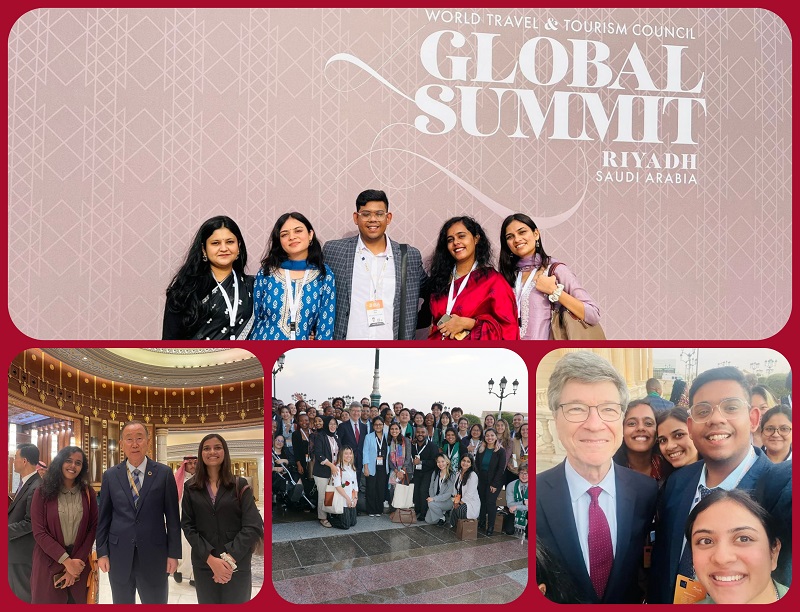
The students get myriad opportunities to work with national and international development organizations, research institutes, CSR division of corporate groups, just to name a few. Out of the total sixty-eight alumni, nearly half found research opportunities across government/ autonomous academic/research institutes.
The package of remuneration varies with an average of INR 40,000 per month for fresh post-graduates, without prior work experience.
Many students with strong inclination towards policy and research have found opportunities to pursue other courses/higher studies in India and abroad and are also placed in research institutes. Some, with tremendous passion for development have gone to create their own social-entrepreneurial ventures, testing a hard career option to bring-in real changes.
Welcome to the SDP Podcast! A short-stop to know everything about MA Sustainable Development Practice. Want to understand how the program outline and pedagogy incorporates into your goal to become a development practitioner? Hear from the Podcast team and the faculty to know more.
Introduction
A short give and go! Tune in to hear from Ms. Rhea Varma a brief rundown on what MA SDP is all about!
This course is well-suited for individuals who are passionate about environment and development and want to tackle multiple and interwoven challenges such as climate change, poverty, energy transition and so on.
Who is Rhea Verma?
Rhea (MA SDP 2021-23) is a Sustainable Development Professional with an inclination towards wildlife conservation and communication.
 Introduction
Introduction
What are the four pillars of MA SDP? How is MA SDP interdisciplinary and what are its? Learn more from the course co-ordinator and the flagbearer of MA SDP.
Who is Dr. Swarup Dutta?
Dr Swarup Dutta is an Anthropologist and joined TERI School of Advanced Studies as Assistant Professor. Earlier he worked as Consultant in Indian Council of Social Science Research (ICSSR), Ministry of HRD, Government of India. He holds PhD in Social Anthropology and has profound research experiences in various national and international development organizations.
Who is Aniket Clytone?
Aniket (MA SDP 2021-23), the South Asian Chair for the Global MDP SAAC, is a development professional dedicated to triangulating profitable, innovative, efficient, and sustainable data-driven models for the carbon finance industry, and his aim is to work in synergy with the rising importance of sustainable development practice methods to achieve net-zero emissions in the capital and commodity markets.
 Dr Swarup Dutta
Dr Swarup Dutta
Research on Mortality? Fertility? Migration? Learn more about how Population Studies through MA SDP plays an important role in understanding ground realities.
Who is Dr. Chandan Kumar?
Dr. Kumar holds his expertise in Demography and Public Health. Possessing his academic training in disciplines such as Geography, Population Studies and Development Economics, Dr. Kumar embraces an authentic command in dealing with a wide spectrum of population development research with the application of multidisciplinary approach.
Who is Khushi Sehgal?
Khushi Sehgal (MA-SDP 2021-23) is an aspiring professional with a background in Philosophy and has an avid interest in waste management and behavioral economics.
 Dr Chandan Kumar
Dr Chandan Kumar
What is the Global Classroom and how is MA SDP associated with the Global MDP network? Tune in to listen to how networking with the international development professionals collective provides the necessary exposure to broaden horizons.
Who is Dr. Mark Orrs?
As the facilitator of The Global Classroom for the Secretariat of Global Masters of Development Practice Programs worldwide, Dr. Mark Orrs curates the infusion of development professionals from around the globe into a common platform. Know more about the Global Classroom with this episode.
Who is Aniket Clytone?
Aniket (MA SDP 2021-23), the South Asian Chair for the Global MDP SAAC, is a development professional dedicated to triangulating profitable, innovative, efficient, and sustainable data-driven models for the carbon finance industry, and his aim is to work in synergy with the rising importance of sustainable development practice methods to achieve net-zero emissions in the capital and commodity markets.
 MARK ORRS
MARK ORRS
From an Alum, get to know more about how MA SDP shapes lives.
Who is Ms. Vanika Bajaj?
An alumnus of MA SDP is currently working as a project officer at MoEFCC-UNDP. Previously, she worked as the assistant manager with AFC India (Agriculture Finance Corporation) and also she was Program associate with Tribal Cooperative Marketing Development Federation of India Limited (TRIFED)Tribal Cooperative Marketing Development Federation of India Limited (TRIFED).
Who is Khushi Sehgal?
Khushi Sehgal (MA-SDP 2021-23) is an aspiring professional with a background in Philosophy and has an avid interest in waste management and behavioral economics.
 Vanika
Vanika
Other Podcast Team Members:
Who is Mudra Shahi?
Mudra (MA SDP 2021-23) is a sustainable development professional with a background in Zoology. Her interests lie in the field of energy economics, policy work and climate change. She is the editor of the SDP Podcast series.
Who is Pranava Lalitha?
Pranava Lalitha (MA SDP 2021-23) has interests in climate change, biodiversity and sustainability. With an educational background in global affairs, she is a keen observer of international developments impacting the environment. She has curated the content for the SDP Podcast.
Who is Shivani Narvekar?
Shivani Narvekar (MA SDP 2021-23) was a part of the SDP Podcast team. She contributed towards the brainstorming and conceptualization of the podcast. Apart from that she also framed questions for interviewees.
The two years at the TERI SAS, MA-SDP programme, has helped me build an academic foundation across several dimensions of the development sector as well as provided me with practical understanding through field immersion programmes. The programme is modern and flexible. The University has a significant network with distinguished academicians, policy makers, and practitioners who illuminate the programme with practical realities. The opportunity to choose electives across specializations/departments is helpful in acquiring the desired skills. I am very grateful to this institute for giving a very valuable and memorable two years of my life.
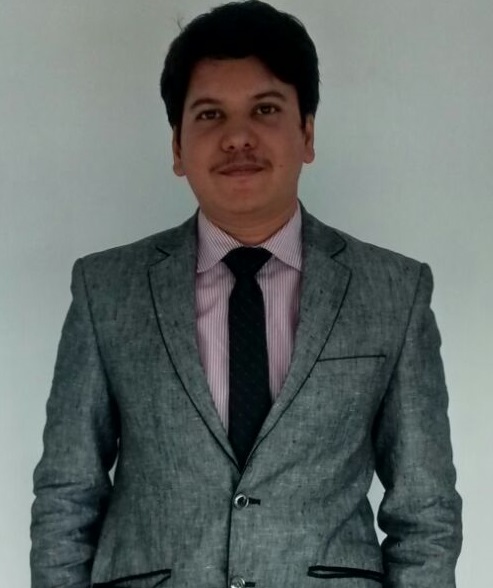
Addressing the Sustainable Development Goals (SDGs) demands a multi-disciplinary approach and the MA-SDP programme fits well with this requirement. The potential for experiential learning distinguishes this unique program, which is designed to create a cadre of experts who will solve the most defining problems of the planet and the society. The course provided me core skills such as proposal writing, policy evaluation, project finance and management, and data analytics. Rigorous classroom training in areas such as development theory, public health, environment, agriculture, energy, and climate change was remarkable. The presence of eminent experts, assignments that matched real-life tasks and field immersion throughout the course helped me gain skills and exposure that presentations and books lack. Learning with peers from across the globe set the foundation for teamwork and respect for diversity.
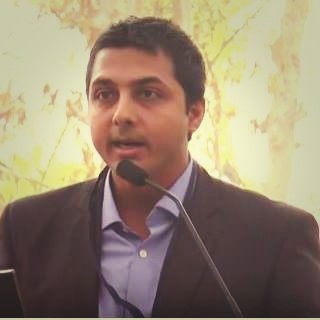
MA-SDP course at the TERI SAS has indeed been an experience of discovering a diverse range of approaches to development through a new set of eyes. Sustainable Development as a new gizmo has been conceptualised by scholars, policy makers and development organisations as capable of addressing the growing developmental and environmental challenges. The MA-SDP course has taken this gizmo of ‘Sustainable Development’ and transformed it into a more practical and on-field experience through its multi-dimensional coursework and diverse domain knowledge of its faculty. This course has encouraged students to critically and analytically evaluate and appreciate the theoretical formulations of the concept through a pragmatic and applied approach to development and environmental challenges. The course has thus been a discovery of merging new practical techniques with theoretical knowledge through strong research grounding; the discovery and moulding of new ideas to address emerging challenges and lastly a discovery of a spirit of collaborative team work with peers and faculty alike.
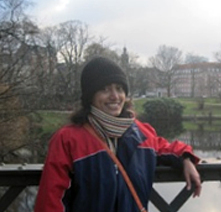
Indeed just like trees, ideas too take time to sprout and grow, and TERI School of Advanced Studies is one such place where not only ideas originate, but they are also nurtured and cared for until they bear fruits
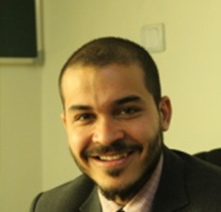
Enrolling in the Master’s programme in Sustainable Development Practice (MA-SDP) at TERI SAS was one of the major decisions for me. The Programme, with its emphasis on the interdisciplinary approach to teaching and learning engages students in such a manner that every assignment requires reflecting upon the learning from other subjects of the curriculum. Besides theoretical orientation, intense field exposure through the course ‘Group Practicum’ not only helped me to grow as a person but also helped me to develop the team spirit and provided opportunity to overcome the complex challenges encountered in the field and get experienced in real-life situations. Moreover, the vast array of the subjects offered, guest lectures delivered by eminent speakers, workshops conducted, and the support received from the faculty-led to broaden my thinking and added new perspectives to my learning and knowledge gaining. The programme and its international connect through the course ‘Global Classroom’ added a new dimension to the learning process. Henceforth, I feel privileged to be a part of this programme.
I had a background in engineering, and pursuing an MA in SDP was a great decision. I wished to work in the social sector and often lacked the tools to contribute. The first two semesters of the Programme introduced us to a wide range of topics and tools in environment, policy building, project management and a practical experience working with a grassroots organisation. The third and fourth semesters can be tailored according to individual goals, developing skills as required by selecting from a wide range of electives and internships. The project I developed during my final internship got funded by the Alexander von Humboldt foundation for further research.
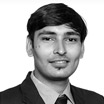
Masters in Sustainable Development Practice aided me to view issues in the world as interwoven. This systems thinking approach not only assisted me to get a birds eye view but also an in depth understanding of the problems on ground. With an intensive field based curriculum, it equipped for my job as a manager to understand the nuances in the Public Health Care System of Bihar. The uniqueness of the programme is also its diversity with students from different subject backgrounds and cultures come together to comprehend complex issues at hand. Joining the programme was indeed an enlightening and thought provoking experience that shall stay with me for a life time.

Being from an engineering background, switching to the development sector wasn’t easy. But M.A. (SDP) at TERI SAS offered me the much-needed flexibility to gradually adapt to the required skill set and learn the fundamentals of ‘Sustainable Development’.
Apart from being a perfect blend of theory and practice, the hands-on experience one gets in the field does wonder to one’s understanding of the real developmental challenges.
To say the least, the programme developed an integrated approach in me which helped me see the development from the perspective of being environment-friendly, economically feasible and socially inclusive.
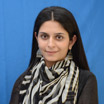
I joined the MASDP program in 2011 as a mid-career graduate student. It was and continues to be a transformative experience through its alumni association. It nurtures balance of thought, perspective, inquiry, ideation, planning, programming, and application. It fosters wholesome individuals both personally and professionally. I have practiced sustainable farming full time on my family farm, tackled South-to-South Development Cooperation on Green Growth between India and Africa and consulted for a Sports for Peace Not for Profit uniting citizenry through athletics. I contribute to the Regional Sustainable Partnerships as Northeast Representative to the Statewide Committee, Northeast board member and workgroup member for Agriculture and Food systems. MA-SDP made me a multi-disciplinarian and collaborative thought leader with a deep commitment to integrated solutions.
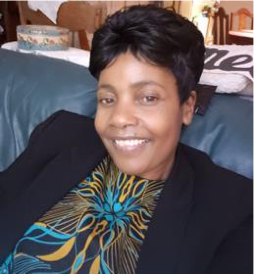
I enrolled in TERI SAS’ MA SDP programme in 2013 with a vague notion of working the world of sustainability. My interest in sustainability began in earnest while I was studying Economics as an undergraduate and was exposed to environmental and resource economics. My choice of TERI SAS to nurture my ambitions was simple, it was, and is quite simply the premier institution in India when it comes post-graduate studies in the domains of sustainability, climate change, natural resource management and rural development. I wanted to convert my interest in sustainability into a lifelong avocation and TERI SAS was critical in fulfilling this wish. TERI SAS and the MA SDP programme through its focus on practical and effective learning, imbued me with the skills needed to succeed in the dynamic world of sustainability where one needs to retain a lifelong passion for learning, adapting to new situations and constantly straying from comfort zones. Apart from the use of traditional classroom-based teaching methods, the use of on-field training, team projects and site-visits were extremely effective in translating theory into practice and allowed me to sharpen critical skills such as presenting, public speaking, stakeholder consultations, data collection and analysis and preparing high-quality reports, all of which have been extremely handy in my chosen profession of sustainability consulting. I will forever be grateful to TERI SAS and the MA SDP programme, my professors and fellow students for creating a holistic environment for learning and growing both as professionals and as people.
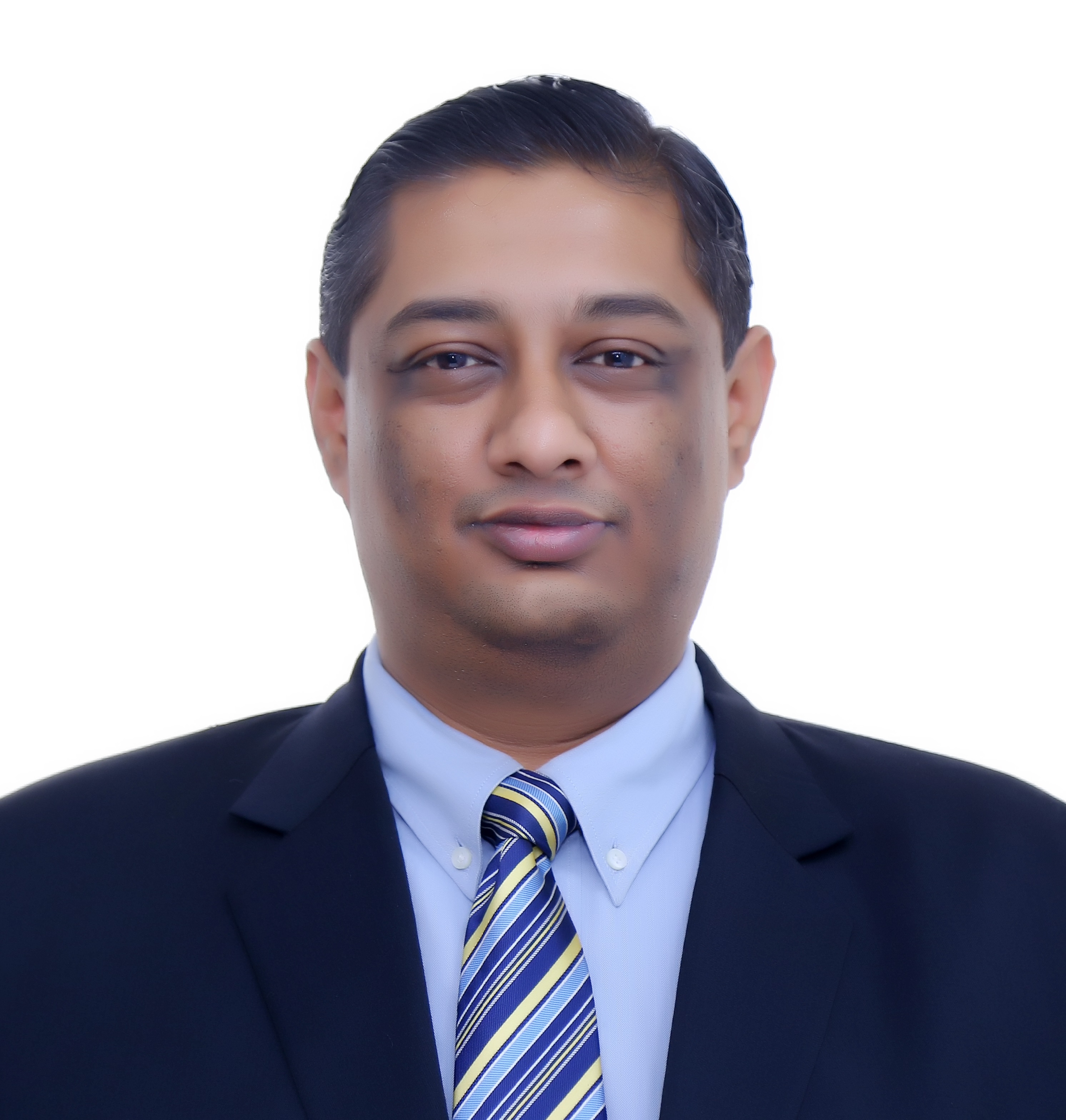
Enriching, thoughtful and adventurous journey! MA SDP helped me to explore the potential in me. The course curriculum is structured in such a manner that it helps to acquire and master skill sets which are crucial in the domain of development. The coursework combines rigorous theoritical engagement with intense field exposure to learn about sustainability challenges and practices. Interdisciplinary approach of the programme is unique and widens ones thinking horizon. Group Practicum, minor and major internships nourish team spirit, inculcate systemic thinking and problem solving skills. The roller-coaster journey of two years helped me to grow as a person and learn the best in ‘sustainability’ studies. Proud to be a part of MA SDP Family!
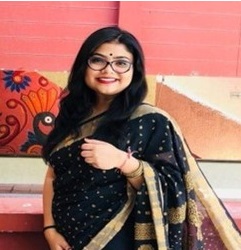
MA SDP has been a landmark course in my career which has provided me deep insights into various dimensions of the social sector like project management, natural resource management, social research methods, and so on. USP of this particular course is that it's highly adaptable to one's interest and priorities which makes it easy for a student to choose cross-cutting fields and contribute to multiple SDGs. In addition, TERI SAS has amazing and ever- encouraging faculty who are always highly invested in students and their projects. What's more, is that a lot of concepts I learned at TERI SAS has been successfully applied in my work at the International Union for Conservation of Nature (IUCN).
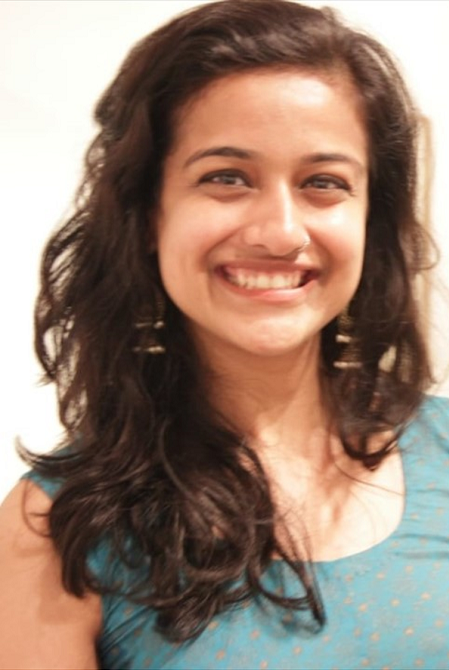
I am an alumni of MA Sustainable Development Practice and I found the practical aspect of the program most enriching as it helped me understand the nuances of policy formulation and implementation. The exposure of field visits, internships and major project grew my interest in the functioning of the Government and in a multi-actor governance model. The diversity of the subjects and inter-disciplinary approach of the course helps to develop a unique perspective that development practitioners must adopt.
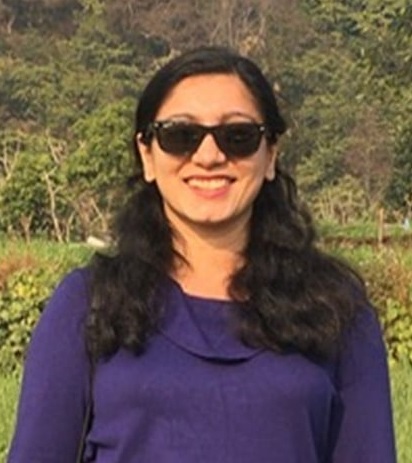


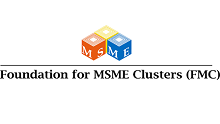
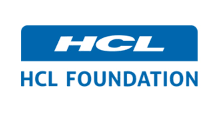

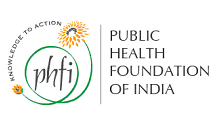
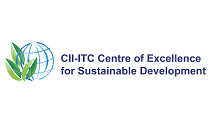
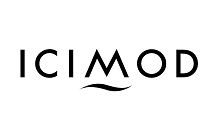
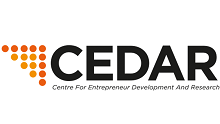






















The TERI SAS is one of the foremost universities selected for starting the MA SDP programme. Students of MA SDP get unique opportunity to learn about the latest practices promoting sustainable development from national and international experts (academicians and practitioners), from partner universities, research institutes and development agencies. The programme hones the skills of students in project design and management, development communication, social research, cross-cultural and intercultural adaptation, entrepreneurial and innovative business development.
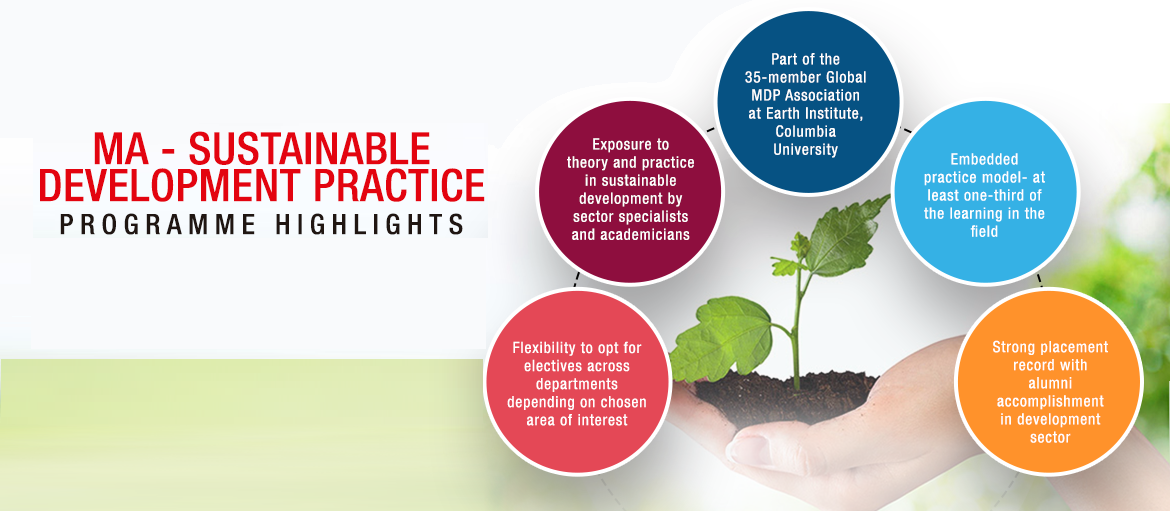
In the context of complex global challenges like extreme poverty, chronic hunger, stagnating crop yield, abysmal nutritional, educational and health standards, the MA SDP curriculum tries to address the gap of effective cross-disciplinary problem solving. It has a strong practice focus with cross-disciplinary and cross-sectoral orientation. Training for integrated solutions that cuts across disciplines is the highlight of MA SDP curriculum.
The pedagogy strongly focuses on problem-based learning, case studies, seminars, and field visits. The group practicums integrate knowledge and skills taught in the course. Field visits allow students to learn and use practical skills to analyze and solve development problems holistically.
| Year | Courses | Credits | Duration* |
| First Year | |||
| 1st Semester | 7 core courses | 21 | 15 weeks |
| 2nd semester | 7 core courses | 22 | 15 weeks |
| Summer | Internship | 8 | 6-8 weeks |
| Second Year | |||
| 3rd Semester | 3 core courses | 10 | 15 weeks |
| 3 (or more) electives | 9 (Minimum but can be exceeded if student opts for more than 3 electives | 15 weeks | |
| 4th Semester | Major Project | 20 | 20 weeks |
* Does not include mid and end-semester breaks and evaluation schedules (based on major and minor tests and assignments)
| Semester 1 | ||||||
| Course No. | Course Title | Type | Number of Credits | No. of L-T-P | Course Coordinator | Course Offered |
| MPD 107 | Global Classroom: Integrated Approaches to Sustainable Development | Core | 2 | 30-0-0 | Dr Swarup Dutta | Yes |
| MPD 114 | Qualitative Methods for Development Practice | Core | 3 | 33-0-24 | Dr Pritha Datta | Yes |
| MPD 115 | Quantitative Approaches and Methods for Development Practice | Core | 3 | 34-6-10 | Dr Chandan Kumar | Yes |
| MPD 116 | Themes and Perspectives on Development | Core | 3 | 27-3-0 | Dr Swarup Dutta | Yes |
| MPD 137 | Current Advances in Environmental Science | Core | 3 | 42-0-6 | Dr Pritha Datta | Yes |
| MPD 157 | Law, Society and Sustainable Development | Core | 3 | 34-11-0 | Dr Gaurika Chugh, Dr Kavita | Yes |
| MPD 158 | Principles of economics | Core | 4 | 47-13-0 | Dr Gopal Sarangi | Yes |
| Semester 2 | ||||||
| Course No. | Course Title | Type | Number of Credits | No. of L-T-P | Course Coordinator | Course Offered |
| MPD 106 | Group practicum : community needs assessment | Core | 4 | 12-12-72 | Dr Pritha Datta | Yes |
| MPD 130 | Population Health & Sustainable Development: Analytical Perspective | Core | 3 | 38-4-6 | Dr Chandan Kumar | Yes |
| MPD 145 | Integrated impact assessment | Core | 3 | 39-0-12 | Dr Pritha Datta | Yes |
| MPD 147 | Development economics | Core | 3 | 37-8-0 | Dr Gopal Sarangi | Yes |
| MPD 149 | Fundamentals of Environmental, Social, and Governance (ESG) Principles | Core | 2 | 26-4-0 | Dr Gopal Sarangi | Yes |
| MPD 150 | Management of development organizations | Core | 3 | 34-11-0 | Dr Swarup Dutta | Yes |
| MPD 151 | Gender in Development Practice | Core | 3 | 26-4-0 | Dr Swarup Dutta | Yes |
| Semester 4 | ||||||
| Course No. | Course Title | Type | Number of Credits | No. of L-T-P | Course Coordinator | Course Offered |
| MPD 104 | Final project | Core | 16 | 0-0-480 | Dr Pritha Datta | Yes |
For past program/course outline see: Archive M.A. (Sustainable Development Practice)
The pedagogy strongly focuses on problem-based learning, case studies, seminars, and field visits. The group practicums integrate knowledge and skills taught in the course. Field visits allow students to learn and use practical skills to analyze and solve development problems holistically.
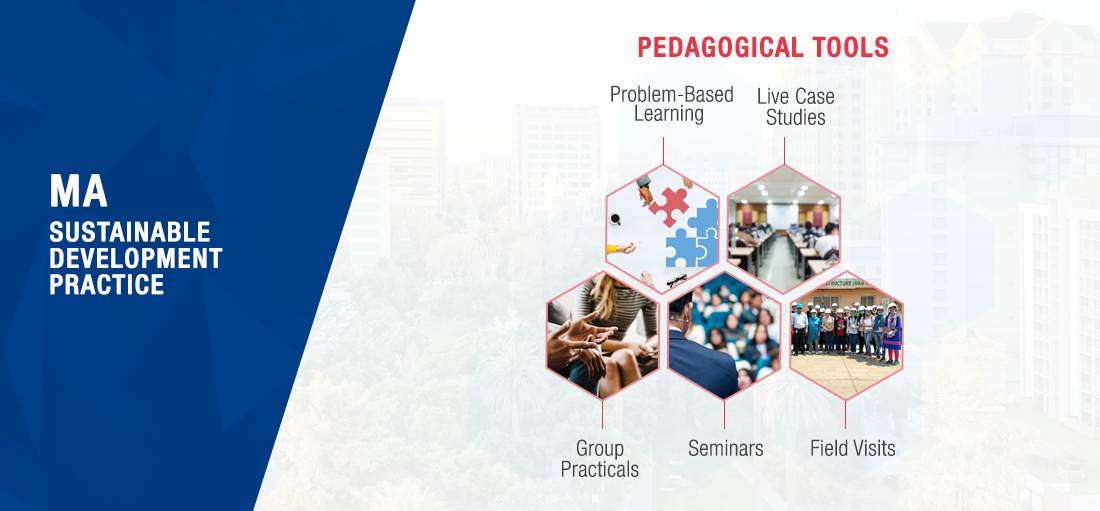
Plot No. 10, Institutional Area, Vasant Kunj, New Delhi - 110 070, India.
Tel. +91 11 71800222 (25 lines).
Website : www.terisas.ac.in
Email id : registrar@terisas.ac.in
© Copyright © 2025, TERI SAS, All rights reserved.
Visitors No.: 47680135 Since 2023


